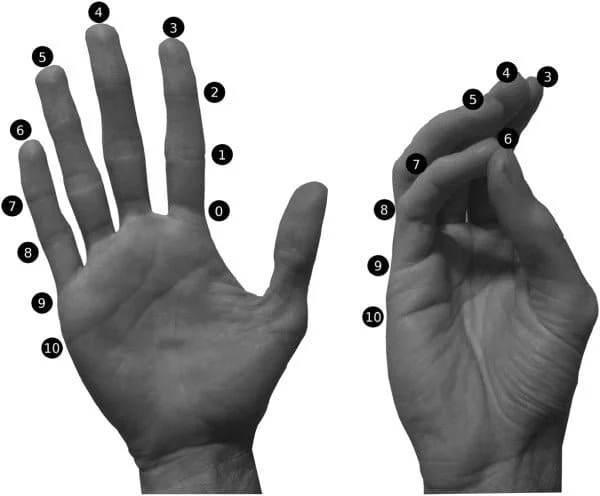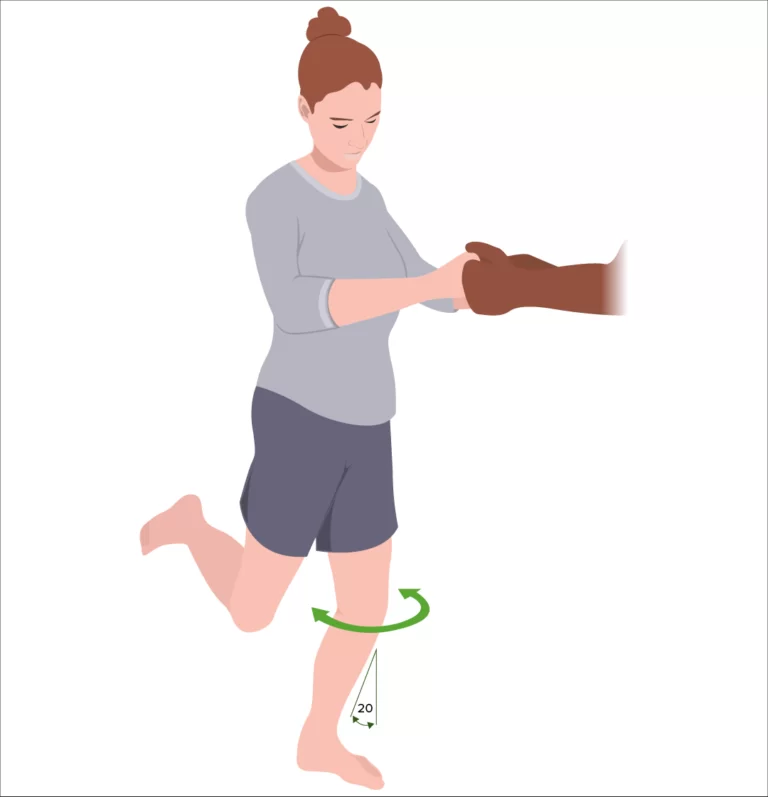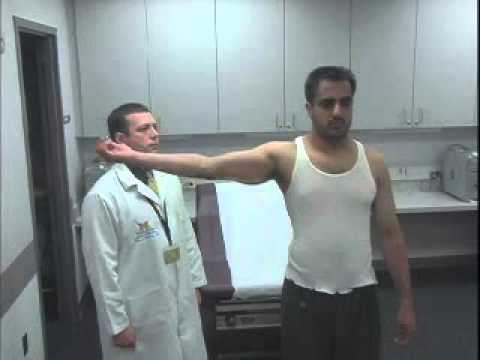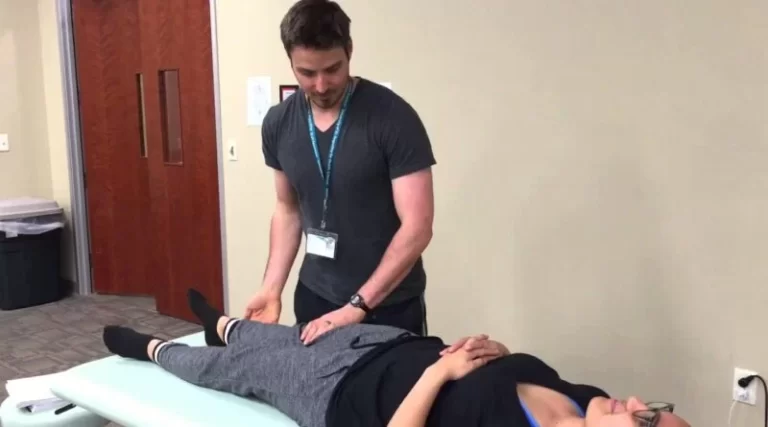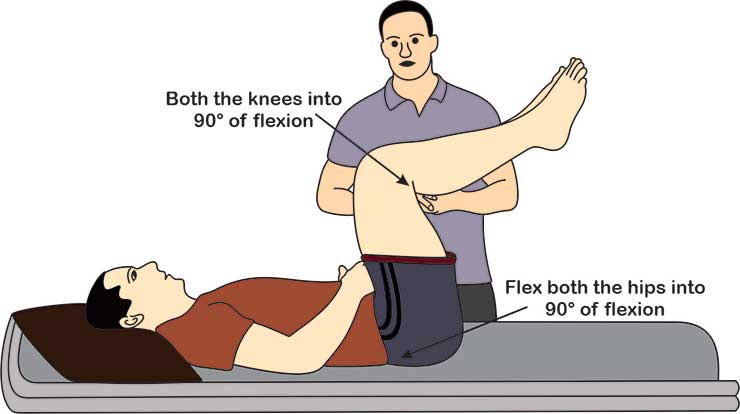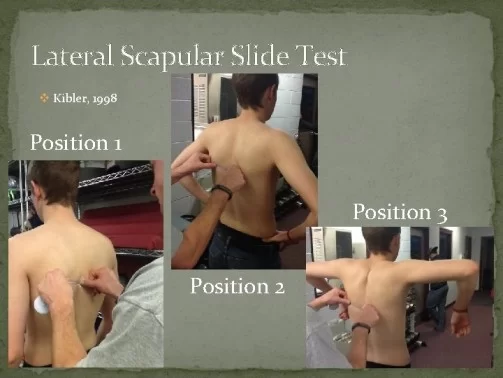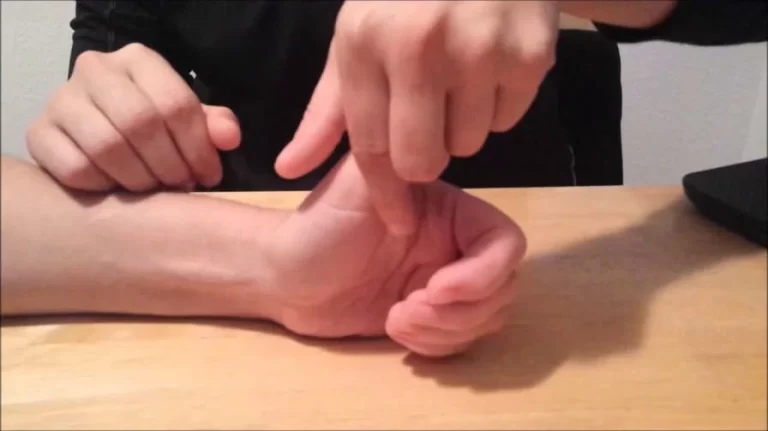Kapandji Thumb Opposition Scores: A Comprehensive Assessment of Thumb Functionality
Introduction:
The human thumb plays a crucial role in hand function, enabling us to grasp objects with precision and carry out essential activities in daily life. Assessing the functionality and opposition of the thumb is essential for understanding hand impairments and guiding treatment strategies.
One widely used method for evaluating thumb opposition is the Kapandji Thumb Opposition Test. This article aims to provide an overview of the Kapandji Thumb Opposition Scores, the assessment procedure, and its clinical significance in hand rehabilitation.
Anatomy and Importance of Thumb Opposition:
The human thumb is a unique structure with remarkable mobility, thanks to its unique saddle joint at the base. This joint, known as the carpometacarpal (CMC) joint, allows for an opposition movement where the thumb can meet the tips of the other fingers, enabling a pincer-like grip. Thumb opposition is critical for performing various tasks, including grasping small objects, holding a pen, or manipulating tools.
The Kapandji Thumb Opposition Test:
The Kapandji Thumb Opposition Test was developed by Dr. Ibrahim Adalbert Kapandji, a renowned French orthopedic surgeon, and author of the book “Physiology of the Joints.” The test is widely recognized for its simplicity and effectiveness in assessing thumb opposition.
The test involves asking the patient to oppose their thumb to each fingertip sequentially, starting from the index finger to the little finger, and then returning to the index finger. The examiner observes the patient’s ability to achieve opposition and assigns a score on a scale from 0 to 10, based on the level of opposition achieved:
- Score of 0: No opposition – The thumb cannot oppose any of the fingers.
- Score of 1-4: Poor opposition – The thumb is unable to reach the tips of most fingers.
- Score of 5-7: Fair opposition – The thumb can reach the tips of some fingers but not all.
- Score of 8-9: Good opposition – The thumb can oppose most of the fingers, but not fully.
- Score of 10: Maximal opposition – The thumb can successfully oppose all the fingertips.
Clinical Significance:
The Kapandji Thumb Opposition Scores provide valuable insights into the functional capabilities of the thumb and the potential limitations in hand performance. These scores are particularly useful in the following contexts:
- Hand Rehabilitation: For patients undergoing hand therapy or rehabilitation after injuries or surgeries, the Kapandji Thumb Opposition Test serves as an objective measure to track progress and the effectiveness of the treatment.
- Rheumatoid Arthritis and Osteoarthritis: In patients with thumb involvement due to conditions like rheumatoid arthritis or osteoarthritis, the Kapandji scores can help monitor disease progression and guide treatment decisions.
- Nerve and Tendon Injuries: The test aids in assessing the extent of nerve or tendon injuries affecting thumb function and planning appropriate interventions.
- Congenital Conditions: Children with congenital hand anomalies can be evaluated using the Kapandji scores to determine the functional implications of the condition and the potential need for early interventions.
Limitations:
It is essential to acknowledge that the Kapandji Thumb Opposition Test has some limitations. The test primarily evaluates the capability of opposition and may not fully assess other aspects of thumb function, such as stability, strength, and fine motor skills.
Conclusion:
The Kapandji Thumb Opposition Scores offer a simple yet valuable method for evaluating thumb opposition and function. As an essential component of hand function, assessing thumb opposition aids in diagnosing hand impairments, guiding rehabilitation efforts, and monitoring progress in various clinical conditions. Healthcare professionals and hand therapists should consider incorporating the Kapandji Thumb Opposition Test into their evaluations to provide comprehensive care and improve patient outcomes.

